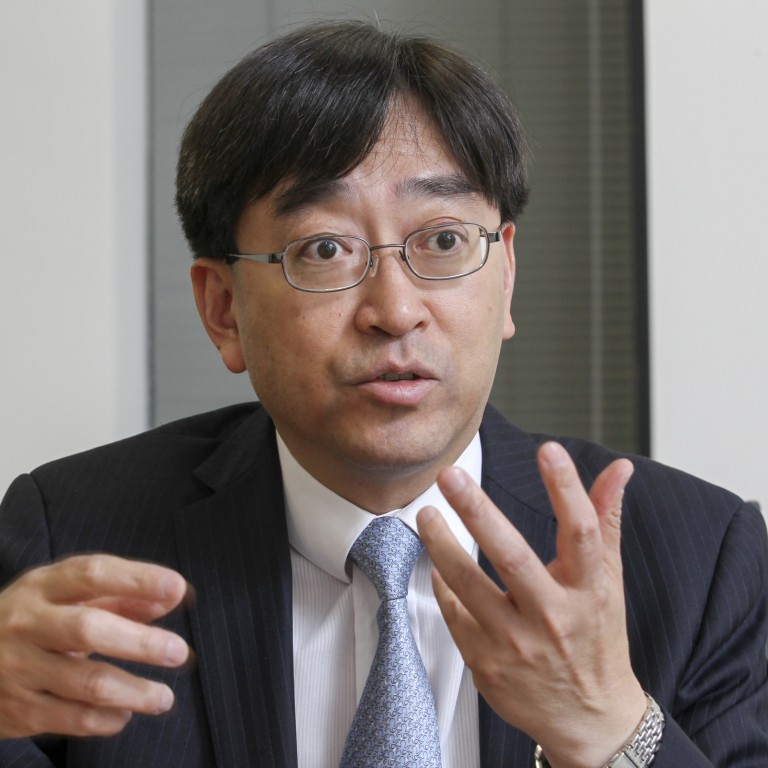
New | More powerful test on chickens to boost defence against bird flu
Starting from Friday, the government will test live poultry imports with a more sensitive plasma test as threats of the deadly H7 bird flu virus loom in the mainland, the health minister said on Thursday.
Some 180 of 1,000 daily imports of live chickens will be taken for the new screening – three times the 60 samples taken from the two borders now, said Secretary for Food and Health Dr Ko Wing-man.
If any sample is detected with the virus, the whole lot of imports will be culled and the city’s poultry wholesale market will be closed for 21 days for disinfection.
“So far no chicken farm supplying live poultry to Hong Kong has been tested positive with H7N9 virus,” said Ko on Thursday morning. “But since the plasma test is more sensitive, it is hard for me to say that we would not detect anything at all.”
The new plasma test will replace a gene test introduced in April last year after an H7N9 bird flu outbreak on the mainland.
The gene test can detect only the flu virus in chickens but the new test can also check whether the chicken has developed an antibody. The presence of an antibody means the bird has come into contact with the virus in the past.
As regards to the winter peak for seasonal influenza, Ko said the number of people infected had already surpassed city saw more flu infections this year than each of the past two years.
The H1N1 swine flu remained the dominant influenza virus in the city, he said.
He believed the peak period would last at least two more months and urged the public to receive a flu vaccine.
Meanwhile, Ko said the government would maintain the “two-tin” rule – which bans outbound travellers from carrying more two tins of infant formula out of the city.
He believed the demand for infant formula would surge in the lead-up to the Lunar New Year. But he said the local supply would be stable as local parents could purchase formula in various ways – such as ordering by telephone or redeeming coupons given out by the manufacturers.
Ko said around 70,000 tins of infant formula were ordered or purchased by these two ways each month – an 120 per cent increase compared with last year’s number.

